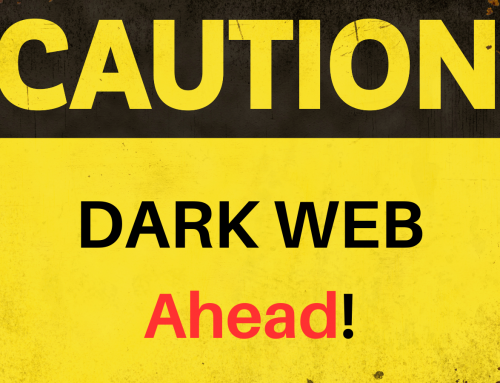It is essential to keep up with cybersecurity terms to stay informed about the latest threats, trends, and technologies in the field of cybersecurity. Cyber threats are constantly evolving, and new threats and vulnerabilities are emerging all the time. By staying up-to-date on cybersecurity terms, you can better understand the risks and challenges that your organization may face and take appropriate steps to protect your systems, networks, and data.
10 Cybersecurity Terms that you need to know.
- Zero Trust: Zero Trust is a security model that assumes that all network traffic is potentially malicious and requires verification before granting access.
- Multi-factor authentication (MFA): MFA is a security method that requires users to provide two or more pieces of evidence to prove their identity, such as a password and a fingerprint or a security token.
- Endpoint security: Endpoint security is the practice of protecting network endpoints, such as laptops, smartphones, and other devices, from cyber threats.
- Cloud security: Cloud security is the set of policies, technologies, and controls designed to protect data, applications, and infrastructure in cloud computing environments.
- Threat intelligence: Threat intelligence is information about potential cyber threats and attackers that can be used to detect, prevent, and respond to cyber attacks.
- Incident response: Incident response is the process of detecting, analyzing, and responding to security incidents, such as cyber attacks or data breaches.
- Vulnerability scanning: Vulnerability scanning is the process of identifying vulnerabilities in a system or network to help prioritize security measures and reduce the risk of exploitation by attackers.
- Patch management: Patch management is the process of identifying, acquiring, testing, and installing software patches and updates to address security vulnerabilities.
- Cyber insurance: Cyber insurance is a type of insurance that provides financial protection against losses resulting from cyber attacks or data breaches.
- Cyber hygiene: Cyber hygiene refers to the set of practices and habits that individuals and organizations can adopt to maintain good cybersecurity, such as regularly updating software and using strong passwords.






